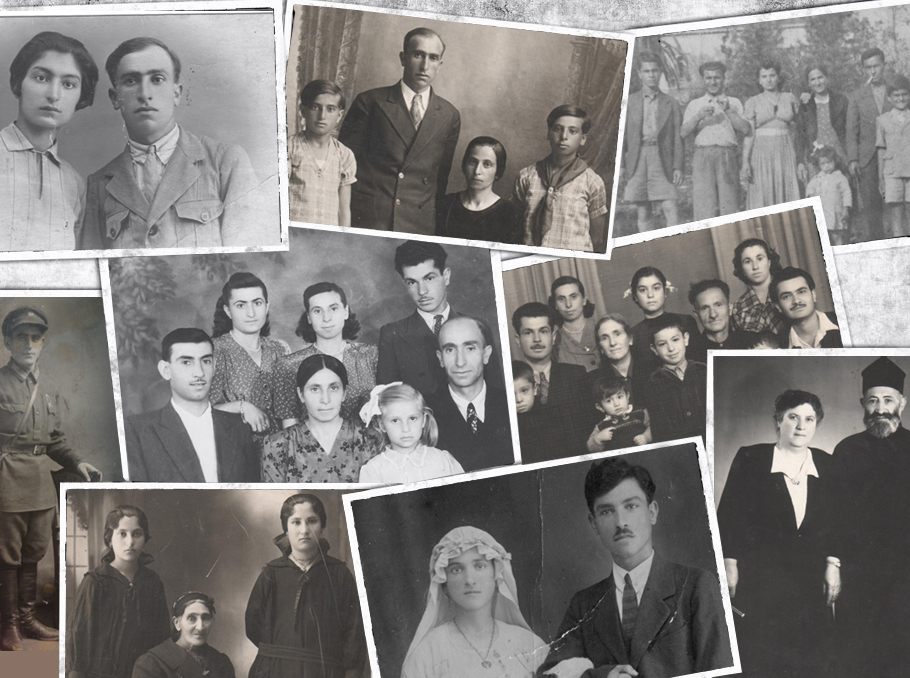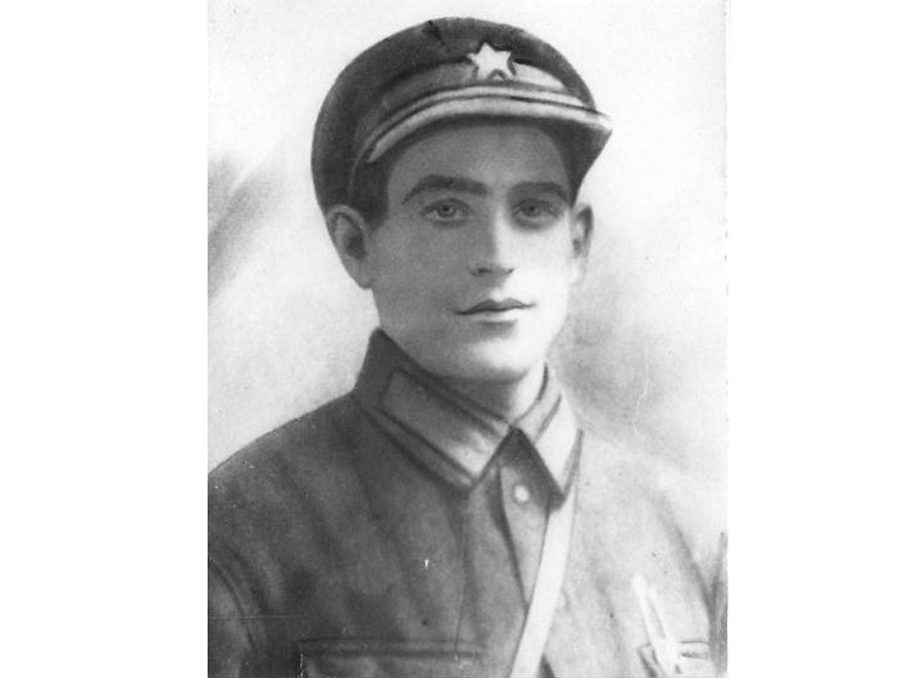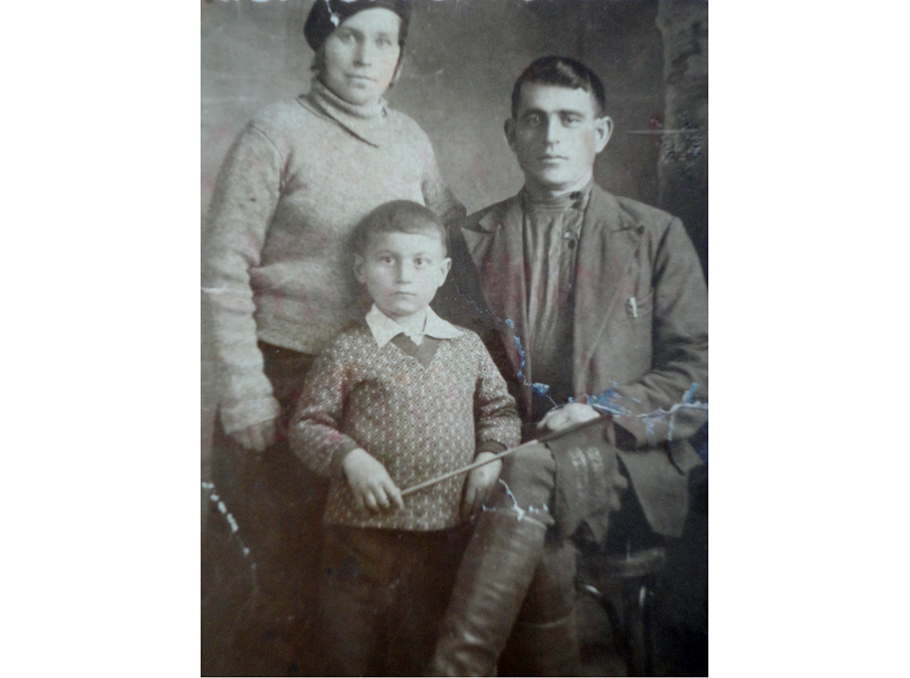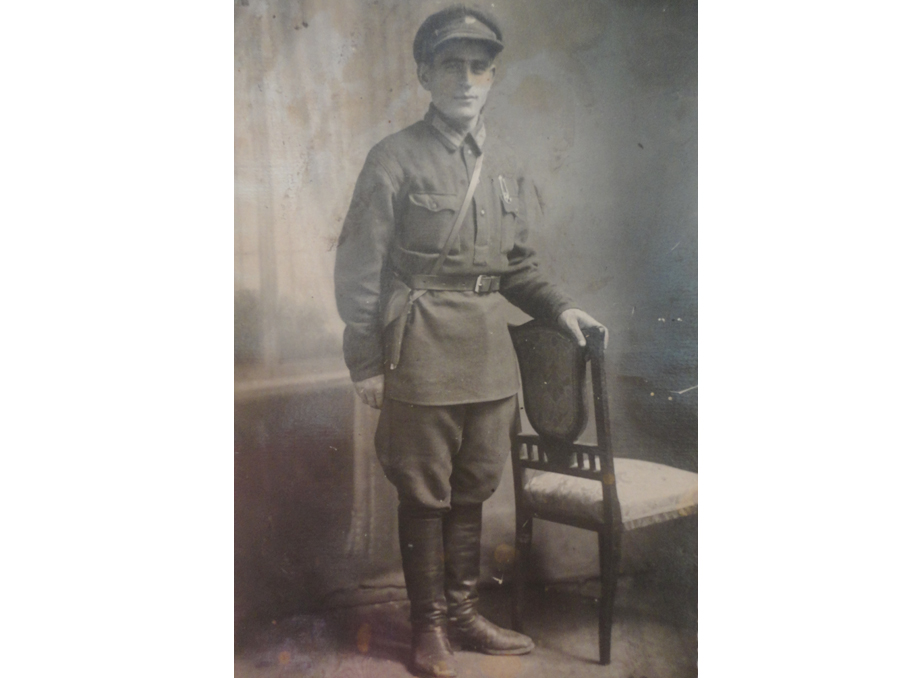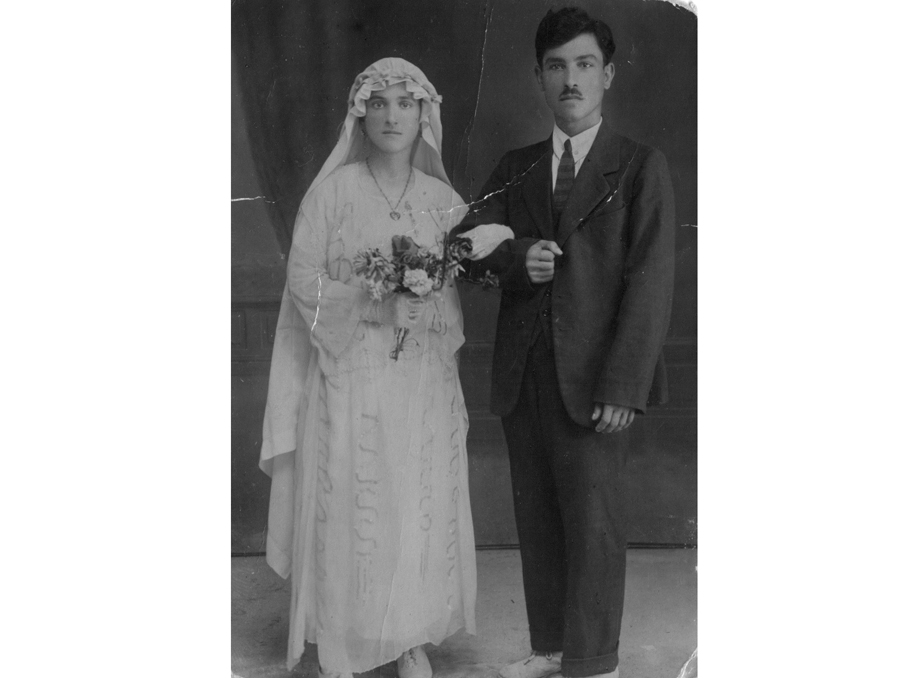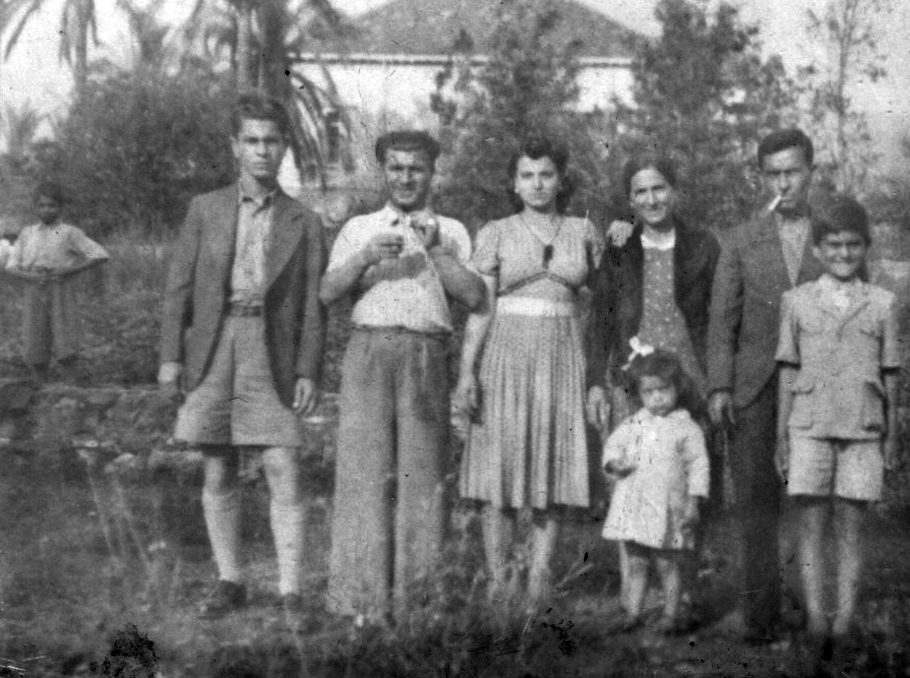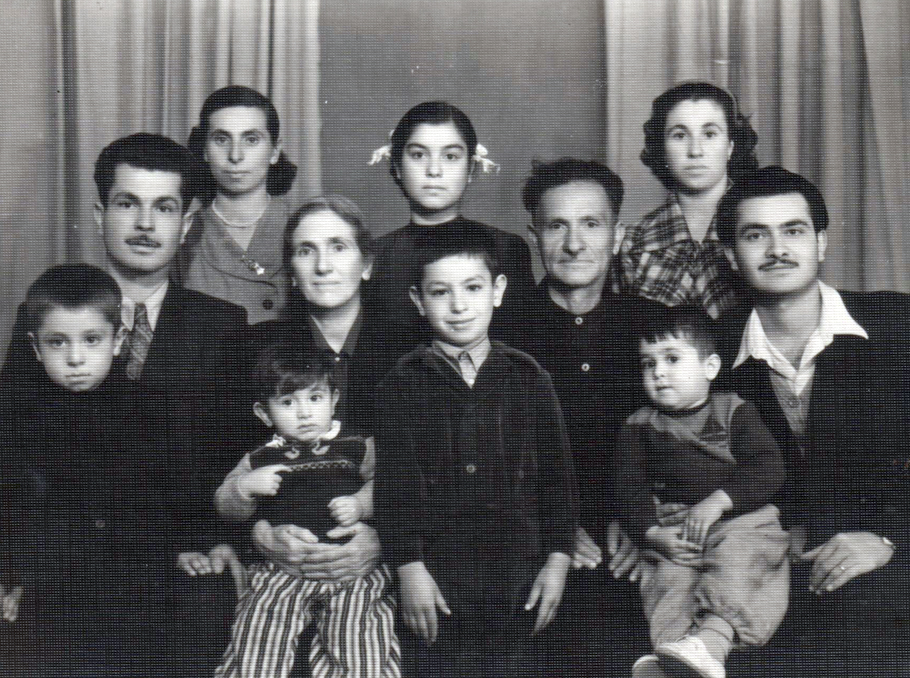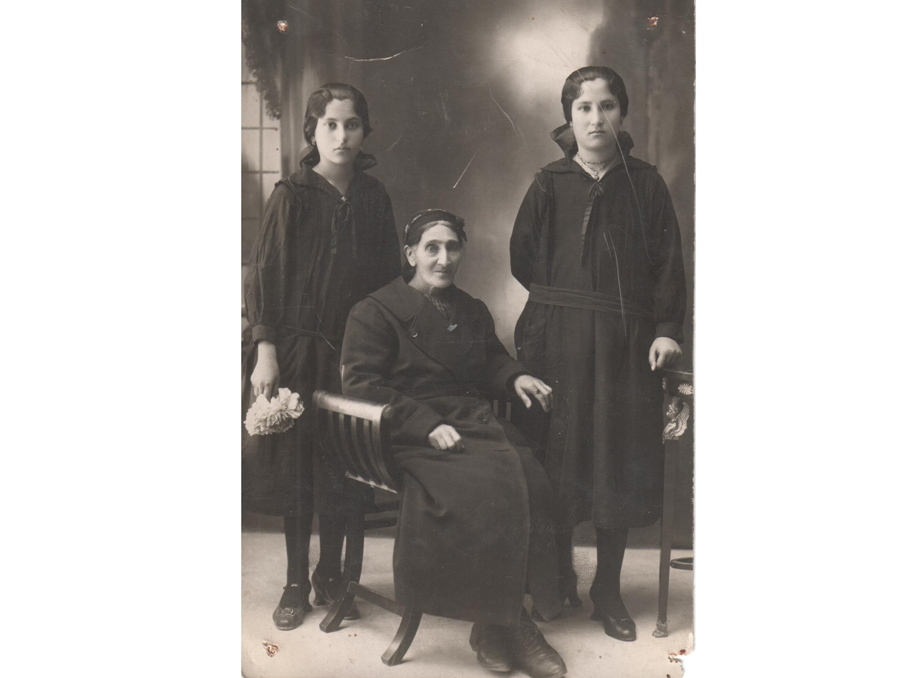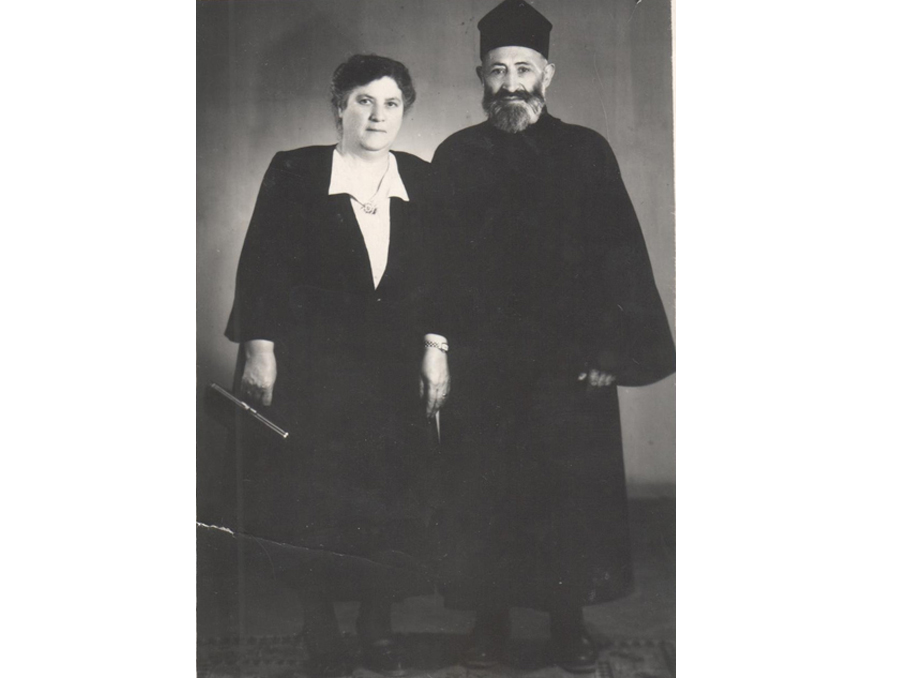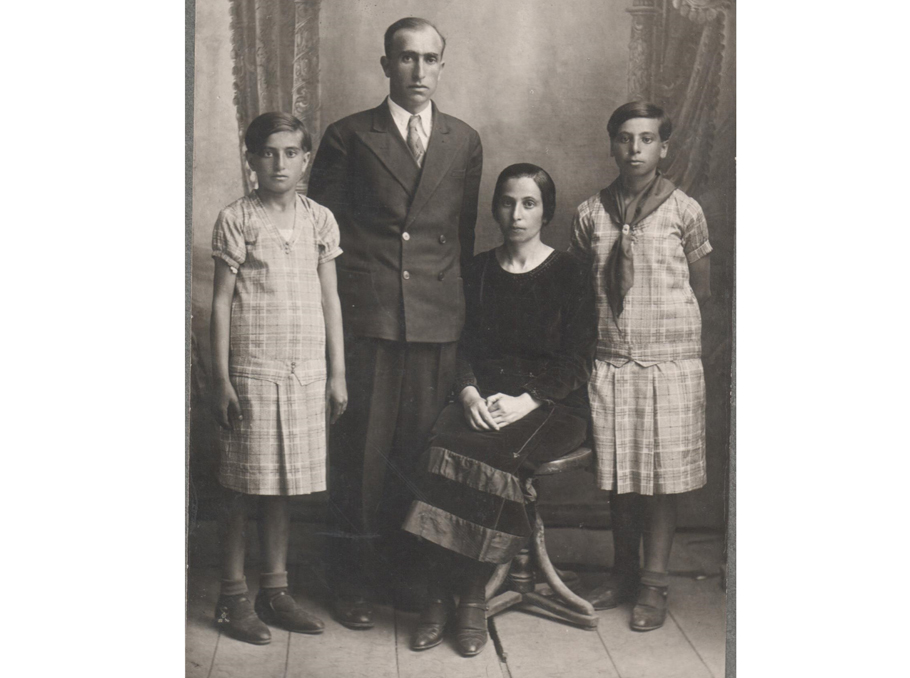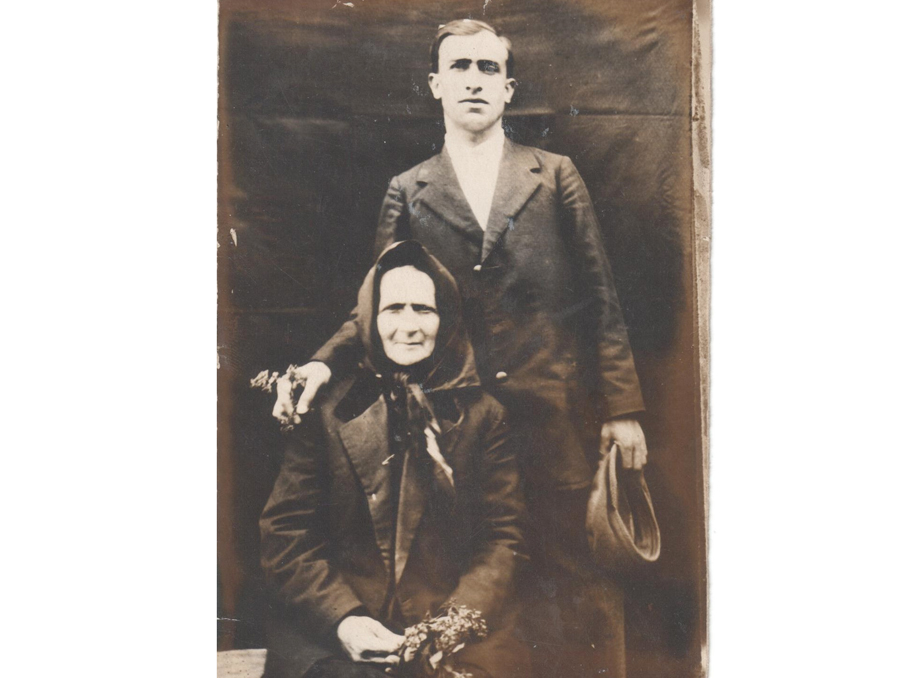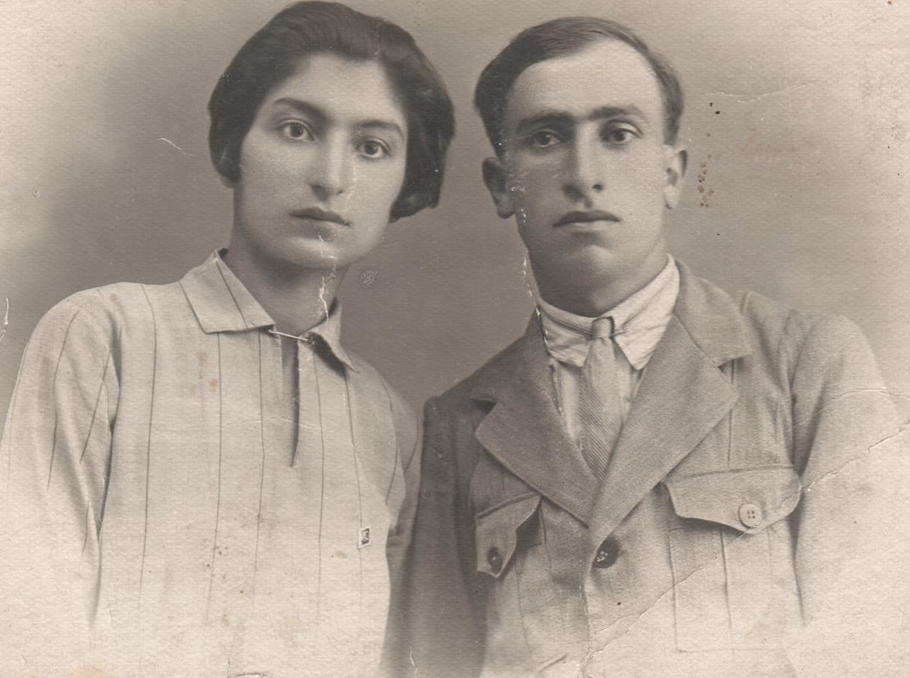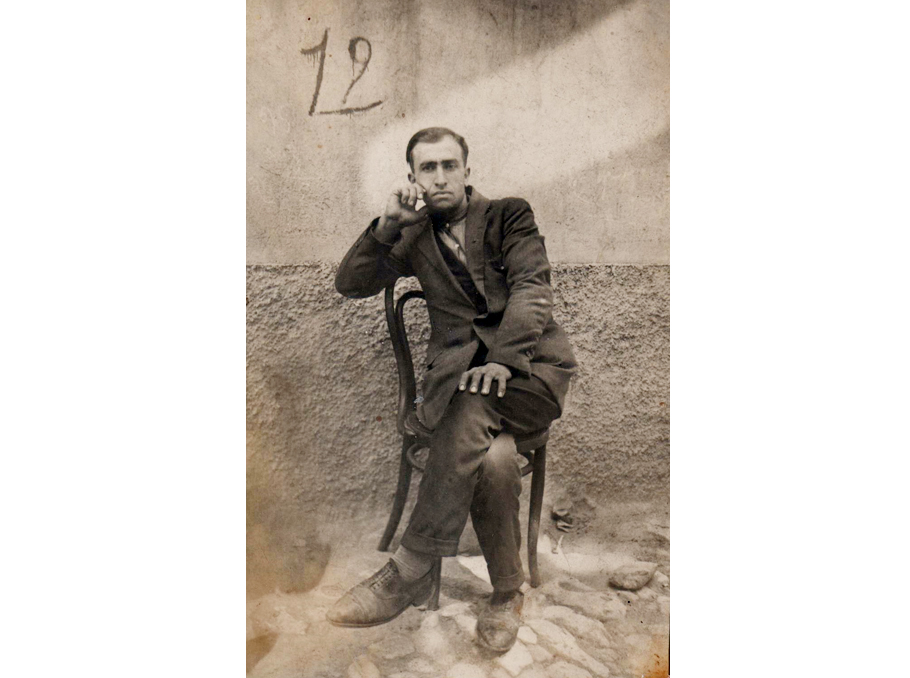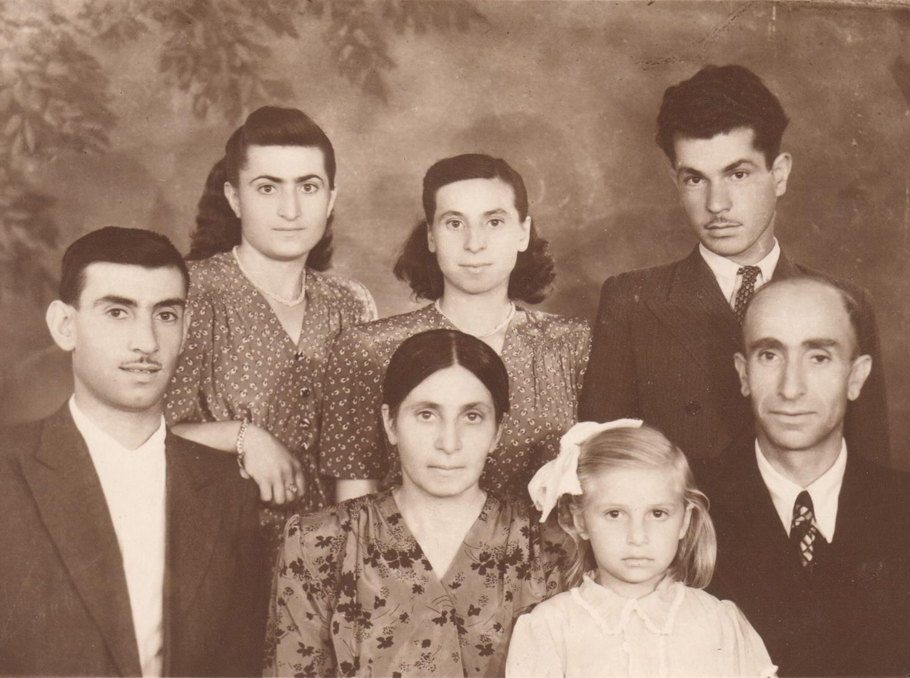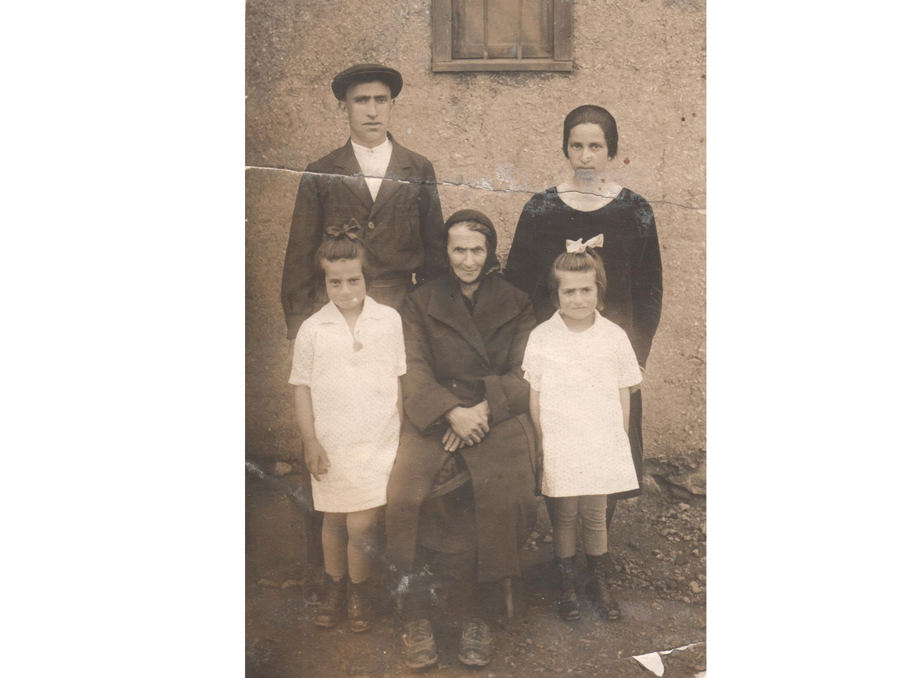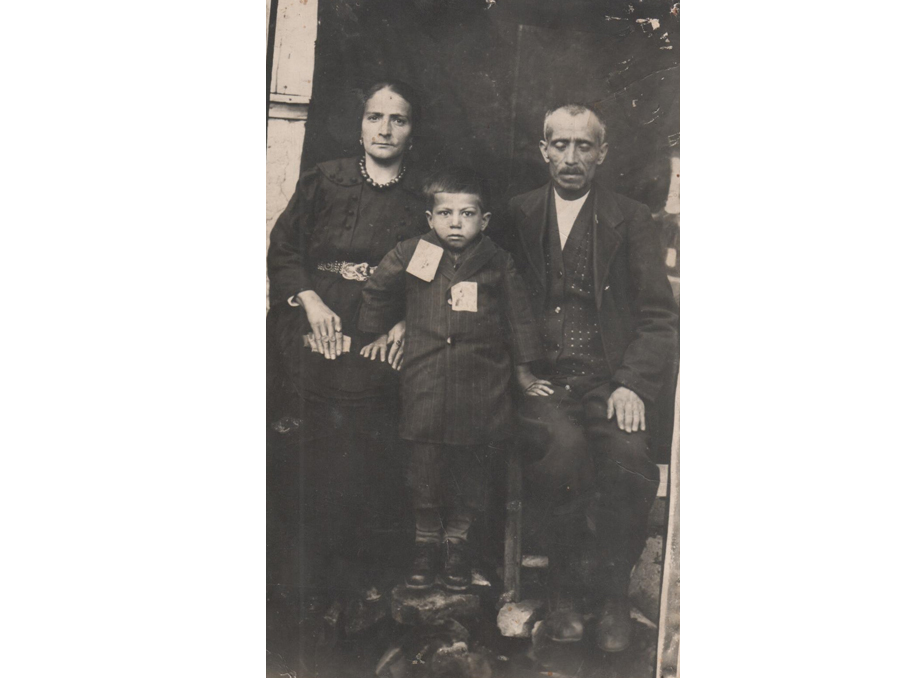In April 2015, the month in which world marked the 100 years since the Armenian genocide, the Guardian asked readers in the country, and those in Diaspora, to share their stories of how the violence had affected their family history.
The project, led by the New East network, had a an overwhelming response with over 500 people sending letters, photos and testimony, some of which were used in the coverage of the centennial.
A year on and Mediamax have worked with the Guardian to revisit some of the stories, published here as we approach the 101st anniversary.![]()
Lusine Shirinyan, Yerevan
101 years have passed. A whole century. A century full of sorrow, mourning, pain, full of hope to see the Armenian Genocide recognized, full of fight for the justice. How can certain things be forgotten or denied? How can criminals make the world believe that nothing happened. How? If a criminal denies what he has done, then no one can stop other criminals to do the same. It is the truth, which the world is facing even in the modern times. 101 years have passes, and genocides are still a part of contemporary politics. Genocide is the evil, that must be prevented and stopped. But how? How can we achieve justice, when certain states, claiming to be the part of the modern civilization, still deny their own history?
I am a descendant of the survivors of the Armenian Genocide.
My grandmother Tiruhi Shirinyan's family (she is my father's mother) lived in Arabkir, currently in Turkey. Grandmother Tiruhi's grandmother, Mavush, had a son from her first marriage. His name was Ghazar Tamghajyan. He was among those, who fought against Turkish murderers, trying to save the lives of people, who were being killed and displaced. He was a brave man who fought against injustice. They say, Turks knew him well and were afraid to face him and his men in an open battle. They say he was handsome and had a very good voice. Once he returned to his birthplace Arabkir with his friends.
They decided to stay one night. They were happy to be back to their town, to see all the relatives and friends. Ghazar was asked to sing, because everybody liked his voice. They didn't know that Ghazar and his men were followed by the Turks. When they heard him sing, they could find where he was hiding. At night they attacked them and killed everybody. Ghazar died very young, he had no children.
Mavush had three children from her second marriage, Nektar and twin siblings Sargis and Mayreni. Mavush's youngest son Sargis Shirinyan was my grandma's father. Their family could only escape killings by opening a mini-hospital in their house, where they took care of Turkish army soldiers, wounded during WWI. Arabkir was a small town and not very close to WWI battlefields, so there were not many wounded soldiers. In order to show the Turks that they were taking care of their soldiers when there was nobody to take care of, they kept the corpses of those who died, took them to the basement to keep in the cold soil at night, and returned to the hospital in the morning. So if someone came to check if they were still soldiers for whom the Shirinyans were taking care of, they saw some of them in beds. It seems rather weird now, but it helped them survive. After the Genocide there were almost no Armenians left in their town. Most of them fled to USA, where they founded the Arabkir Union. When the Soviet Armenia was founded, the members of Arabkir Union asked the new government to sell them a small territory in the capital of Armenia, Yerevan, so as they could come and live in Armenia. The government gave them a territory in the north of Yerevan, later called New Arabkir. My garndma's father Sargis was still living in Turkey at the time. He learned about the idea and decided to come to Armenia. His mother was alive, he had two sisters and he got married to a beautiful woman Lusin from Arabkir and had two daughters, my grandma Tiruhi and her sister Noyem. In 1926 he took his family and came to live in Yerevan. My grandma's father was one of those, who founded New Arabkir district in Yerevan. Later he served as a district council chairman. Sargis and Lusin later had another daughter Manik. Sargis's sisters both got married in Armenia. Nektar's children are Sargis, Azatuhi and Ghazar Narghuzyans, and Mayreni's children are Seda, Louisa and Hamazasp Postanjyans.
My grandma's mother Lusin came to Armenia, because she had married grandpa Sargis. Otherwise she would follow her mother and two sisters, who chose to go to the USA after the Genocide. Her sisters' descendants still live in the US. My dad Edward loved his grandma Lusin very much. He says she was a beautiful, bright and modest woman. That's why he named me Lusine after her.
My grandfather Karapet Boyrazyan's family (he is my father's father) lived in the Cilician city Marash, currently in Turkey. Grandpa Karapet's father Hovsep was only 40 days old when his father Karapet was murdered by Ottoman Turks in around 1895, when Sultan Abdul Hamid II started prosecuting Armenians and other Christians. Hovsep's mother Katarine never got married again and lived with her only son. Hovsep served in Turkish army until 1913. When the Genocide started, they decided to leave Marash and go to Aleppo, currently in Syria. There he met his future wife Ghanime, who was Assyrian and whose family had also been prosecuted. Her family fled from Tigranakert (Diarbekir), because a Turk mullah wanted to make her his wife when she was only 13. They even wanted to send her to the US. But this time her destiny was different. She was a very beautiful woman with very white skin and blue eyes. After getting married to Hovsep, she took his surname and changed her name to Lusatsin, which is translated as “born from light”. Her husband chose that name for her. They had three children, my grandpa Karapet, his brother Vardges and sister Arusyak. Their family used to live in Beirut until they also moved to Soviet Armenia in 1946. Hovsep died in Armenia. His son Vardges later moved to USA with his wife and children and took his mother Lusatsin. This time Lusatsin traveled to US and died there.
A very touching story refers to Ghanime-Lusatsin's family, when they still lived in Tigranakert. Her father Ibrahim once found a starving little boy outside the city walls. He was an Armenian child, left there by his family, because they all were being taken to deserts to be killed. They abandoned the child, hoping someone would take him and save his live. Ibrahim took the boy to his home, named him Yusuf and raised him as his own child. Later Yusuf moved to Istanbul.
My mother's grandfather Hovhannes Grigoryan and his family lived in Kars, currently in Turkey. His mother and father were killed during the Genocide, and he could escape with his elder brother. His brother later went to find a job somewhere in Georgia, but was lost, and my mother's grandpa never saw his brother again. Hovhannes moved to Tbilisi, Georgia, got married to a Russian woman, and they had a son, my grandpa Heros. Once Hovhannes tried to go to Turkey and find his old family house. Once Hovhannes tried to go to Turkey and find his old family house. He took his wife Anna and their little son with him and wanted to cross the Turkish border. He was stopped by Soviet officers. They were going to arrest him. He told them that he only wanted to show his Russian wife where he was born. Seeing a little child with them, the officials released them. Hovhannes never saw his birthplace again.
My mom's grandpa Hovhannes was himself lost in 1943, during the WWII (he served as an officer in Soviet army), and up today we don't know anything about him. My grandpa Heros is still hoping to find something about his father.
My family and my nation saw the Genocide. The world saw the Armenian genocide. Millions of people were murdered, raped, displaced. Millions of people had to leave their historic motherland, abandon their homes and seek shelter in different parts of the world. Almost every Armenian family was affected. I am only here to write the story of my family because the people from my story were able to stay alive in some way or another. I carry the memory in my blood, I will always remember and demand justice. I am a descendant of the survivors of the Armenian Genocide.









